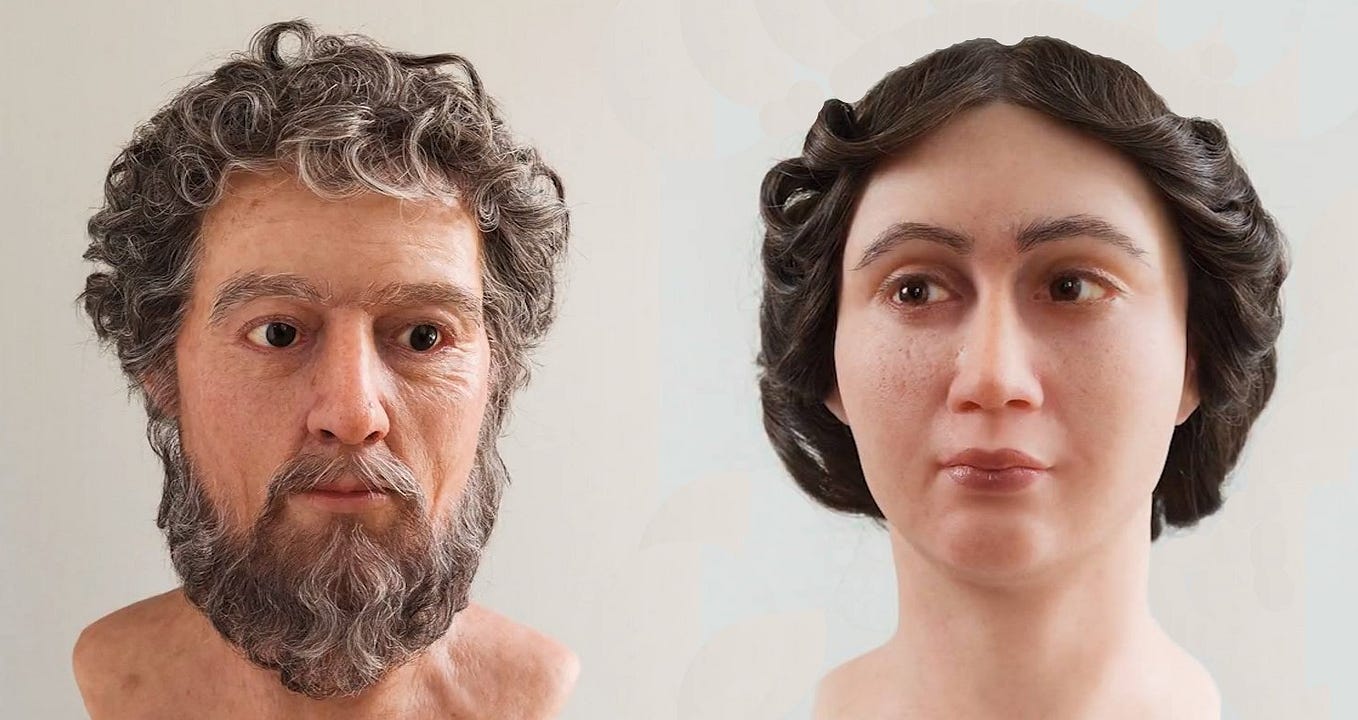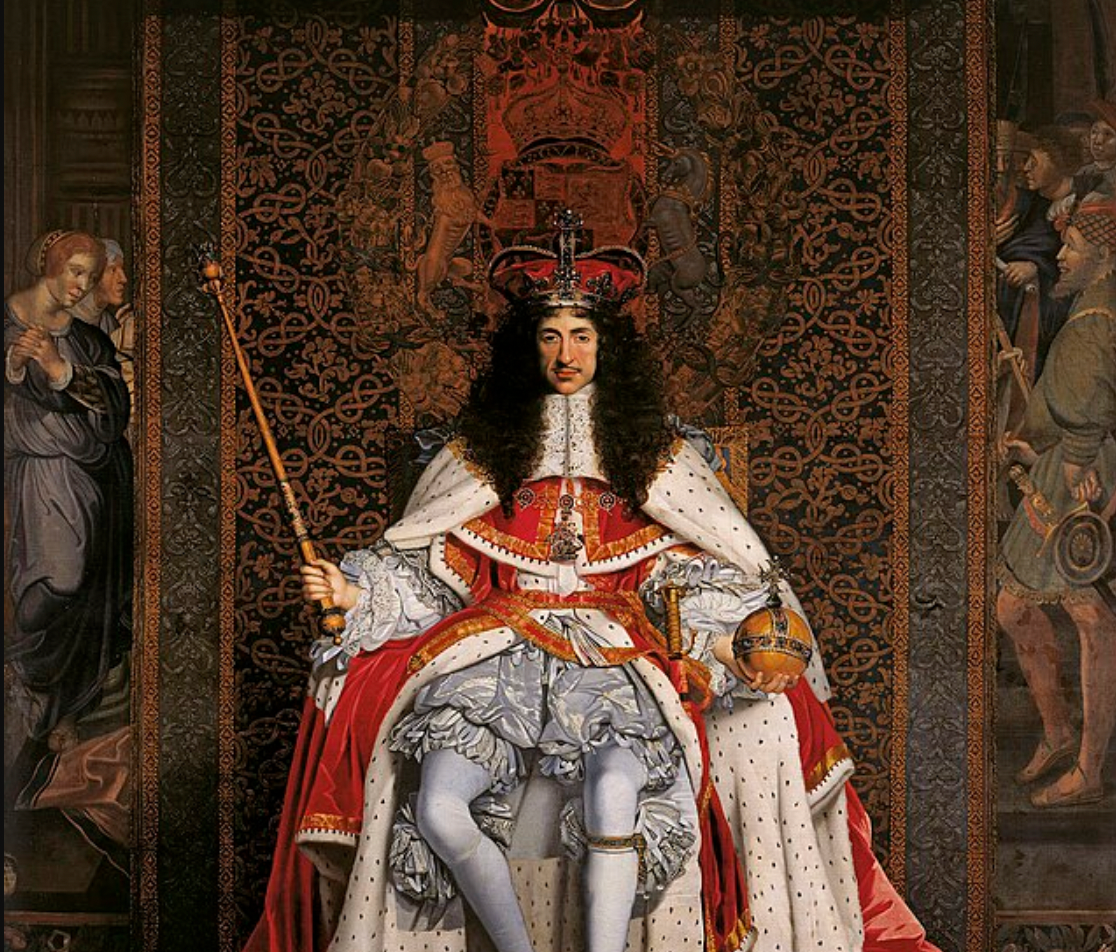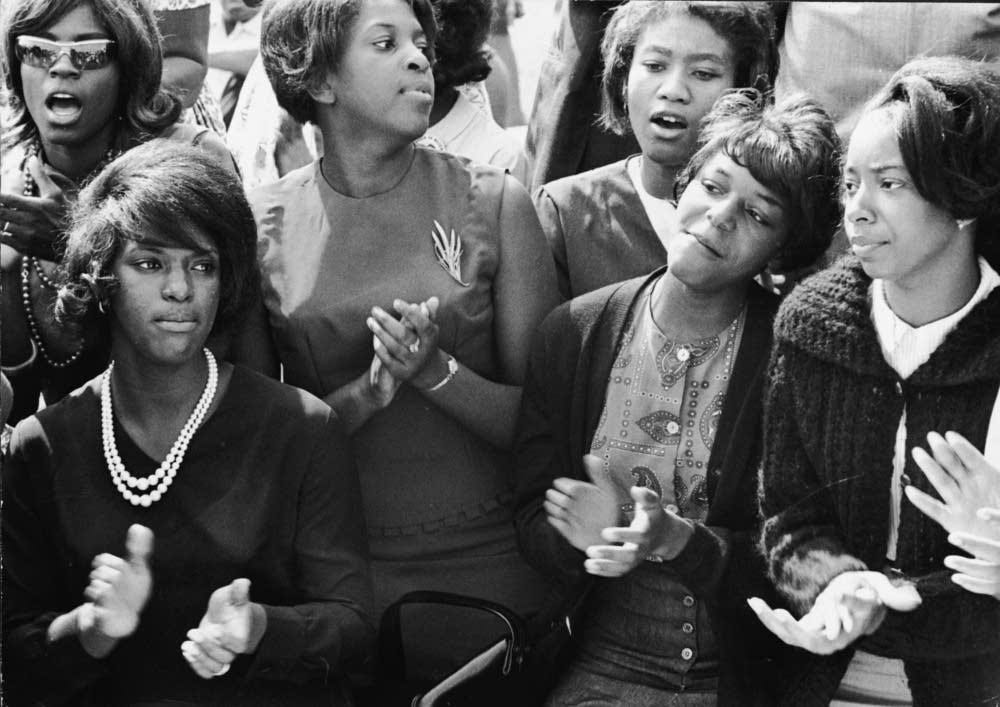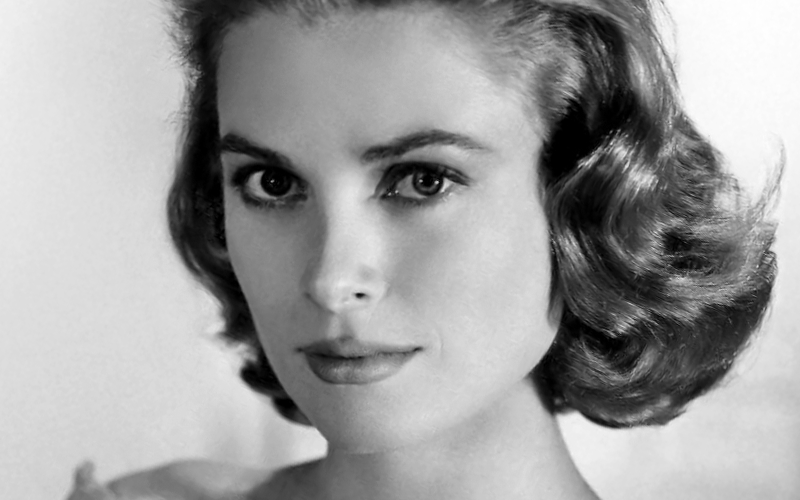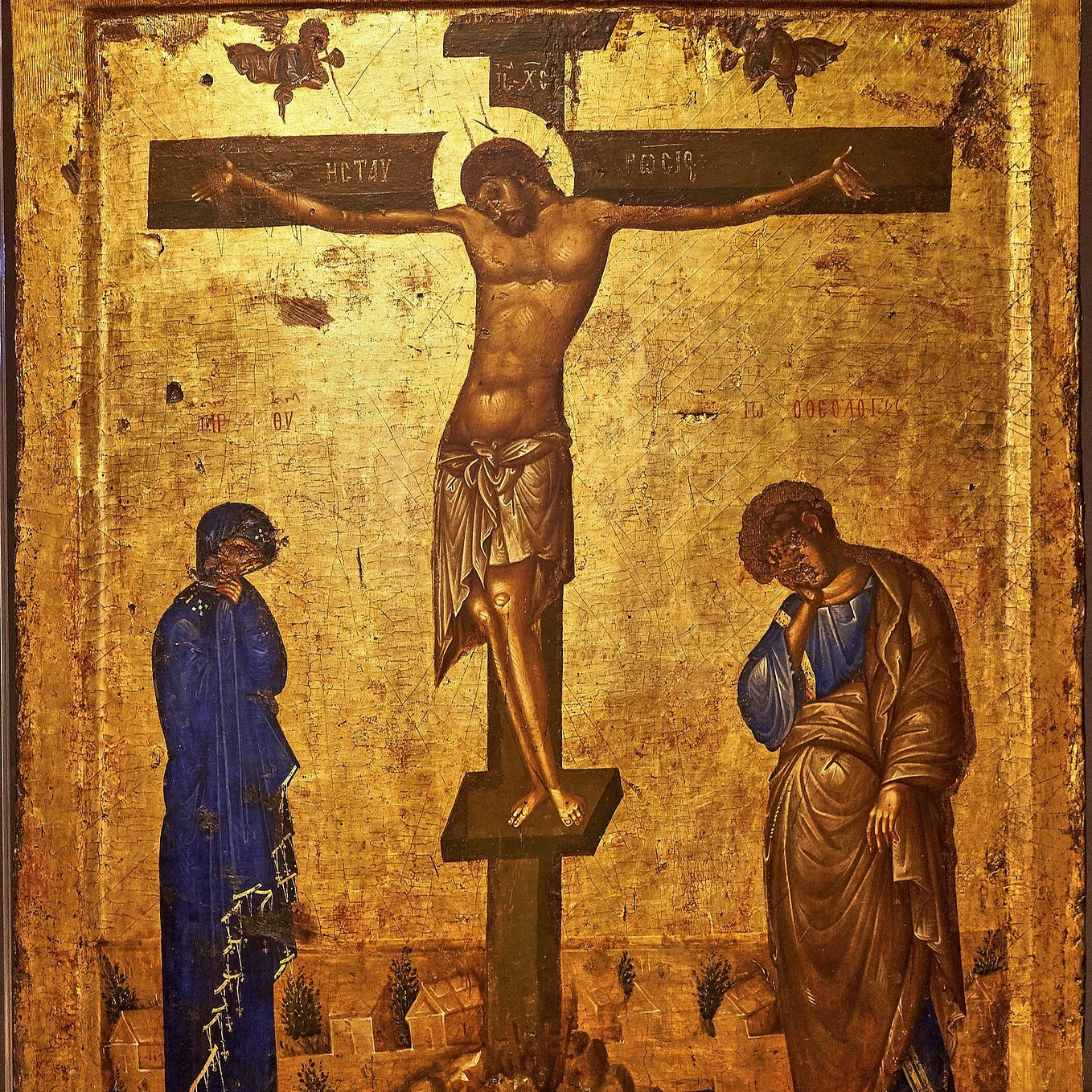The 8 Children of Napoleon — What Happened To Them?
Napoleon fathered at least six children and adopted two
Napoleon Bonaparte (1769-1821) needs no further introduction. His place is among history's greats, such as Alexander the Great, Julius Caesar, and Abraham Lincoln.
Napoleon had an exciting love life. He was married twice and embarked on numerous affairs with Europe's most beautiful women. All that while being busy reforming France according to the ideals of the French Revolution and conquering the world.
During his lifetime, Napoleon fathered or adopted at least eight children. Let’s have a closer look at their lives.
1. Hedonist Charles Leon — Napoleon’s first child
After becoming an emperor of France in 1804, Napoleon needed an heir to ensure the stability of the French Empire. His wife, Josephine, had two children from her previous marriage, therefore it was widely believed, that Napoleon was sterile.
Napoleon, being smart and pragmatic, decided to test the rumor by having sex with a mistress.
In 1795, he met young and adorable Eleonore de La Plaigne, who was a member of her sister's entourage and, unbeknownst to her, also her husband’s mistress.
Since Eleonore’s husband was in prison, they began a juicy affair in 1806. In December of the same year, a son was born.
It became clear to Napoleon, that it was Josephine, and not he, who couldn’t have a child.
At first, Napoleon wanted to legitimize his son, but he realized, that other illegitimate children of his could claim the throne as well.
His mistress wanted to name their son Napoleon, but the latter agreed only on half of the name, therefore the boy was christened Leon.
Napoleon ensured an annual pension of 3,000 pounds for his son and provided him with good tutors. He also gave him a title of count and 320,000 francs in his will.
As an adult, Leon was a hardened gambler, drunkard, and troublemaker. He was constantly without money. He even had to duel with one of the Duke of Wellington’s aides over a huge gambling debt.
Leon had a striking resemblance to his father and he used his father’s name to extract as much money as he could.
Although Napoleon’s cousin, Napoleon III, who ruled France from 1852 to 1870, was very fond of him, he had to stop seeing him since Leon’s behavior became an embarrassment for Napoleon’s dynasty.
He had six children and died in poverty in 1881.
2. Heir Napoleon II — Napoleon’s only legitimate son
In 1810, Napoleon divorced his first wife, Josephine, and married Austrian princess, Marie Louise.
He nicknamed her “womb”, but eventually the couple grew close.
Marie Louise gave birth to their only child, Napoleon II (1811-1832)(full name Napoleon François Joseph Charles Bonaparte). Since she almost died during childbirth, Napoleon promised her she would never need to give birth again.
Due to constant military campaigns, Napoleon spent less than two years with his son before being exiled first to Elba and then to Saint Helena.
After a series of military defeats, Napoleon saw his son for the last time on January 24, 1814.
Although Marie Louise wanted to visit her husband, her father, Austrian emperor Francis II didn’t allow it.
Unlike his father, Napoleon II was almost 180 centimeters (6 feet) tall.
Although Napoleon II was an heir to the French throne, his father’s military defeat in 1814, resulted in him losing the title and moving with his mother Marie Louise to Vienna. The Austrians called him simply Franz.
He wanted to become a soldier and was described as intelligent, focused, and serious.
Being Napoleon’s son, it is needless to say, his Austrian relatives looked with unease at his budding military career.
Young Napoleon II had an affair with already married Princess Sophie of Bavaria and Sophie’s son Maximilian I of Mexico (1832–1867) was most likely fathered by him.
Although the above was the rumor, the fact is Sophie and Napoleon II were very close and she took care of him during his last months despite being pregnant with Maximilian I.
Unfortunately, Napoleon II died of tuberculosis at the young age of 21.
“My birth and my death, that is my whole story. Between my cradle and my grave, there is a big zero.”
— Napoleon II
Napoleon II was buried in Vienna. Surprisingly, Adolf Hitler ordered his body to be returned to Paris and buried in Les Invalides, close to his father’s tomb.
3. Talented Alexandre Colonna-Walewski — Napoleon’s son with the Polish countess
In 1807, Napoleon met the fabulously beautiful Polish countess Marie Walewska by chance and couldn’t forget her.
After initial resistance from Marie, the two embarked on a passionate affair which resulted in Napoleon displaying miraculous energy — and a son.
Alexandre was born on May 4, 1810. Although it was clear, that he was Napoleon’s son, Marie’s elderly husband officially recognized him as his own.
Napoleon, who was busy getting married to the Austrian princess in 1810, sent him a gold necklace worth 20,000 francs as a birthday gift.
He also gave his son a large estate comprising 60 farms near Naples, Italy.
Alexandre inherited his father’s intelligence and became a successful politician, soldier, and diplomat, serving as a French foreign minister during the reign of his cousin Napoleon III.
Needless to say, Alexandre had also his father’s fondness for beautiful women. He married twice and had also affairs with mistresses, including gorgeous French actress Rachel Felix.
He died of a stroke in 1868.
4. Successful Eugen von Mühlfeld — Napoleon’s forgotten son
In 1805, Napoleon took a young Slovenian girl, Emilie Kraus, as his mistress. Since Emilie was not his only mistress and he was married to Josephine, she had to live a double life.
She accompanied him from Vienna to all the battles and to Paris dressed as a boy called Felix.
On May 3, 1810, their son, Eugen, was born. By that time Napoleon had ended their affair since he had married Austrian Princess Marie Louise on April 1, 1810. Emilie gave Eugen into adoption to the von Mühlfeld couple, therefore he was called Eugen von Mühlfeld (1810-1868).
Eugen was a very successful lawyer and politician. Because of his resemblance to Napoleon, he was nicknamed “Napoleonide.”
But Eugen didn’t inherit only his father's looks and intelligence, but also his love for beautiful women.
Eugen had two children with his wife and at the same time, three children with his mistress. Although he was a well-paid lawyer, the financial burden of taking care of two families almost bankrupted him.
He was a liberal politician who advocated the separation of church and state and the abolition of the death penalty.
He encouraged laws that enabled civil marriage, a state educational system, and the right of every citizen over the age of 14 to select his or her religion.
Over 200,000 people attended his funeral in 1868.
5. and 6. Unknown Helene Napoleone and Josephine from Saint Helena
Helene Napoleone Bonaparte (1816-1907) was Napoleon’s daughter with his mistress Albine de Montholon, who accompanied him into his exile on Saint Helena.
Although Helene resembled Napoleon, he never acknowledged her.
She died in Aix-de-Provence in France. We know nothing else about her.
Josephine (1818-1819) was also Napoleon’s daughter with Albine. She died shortly after Albine’s return to Europe.
7. Competent Eugene de Beauharnais — Napoleon’s adopted son
Eugene de Beauharnais (1781-1824) was the son of Napoleon’s wife, Josephine, from her first marriage with Alexandre de Beauharnais.
Napoleon adopted him as his stepson after marrying Josephine in 1796, but he didn’t make him an heir to the throne, which was a pity since he was the most competent among his children.
Eugene was an accomplished military commander, winning numerous battles for Napoleon and leading the retreat of the French army from Russia. As viceroy of Italy, he proved himself as an able administrator.
He was happily married to a Bavarian princess and after the fall of Napoleon spent his time managing his large estates in Munich. He died of a stroke in 1824.
8. Musical prodigy Hortense de Beauharnais — Napoleon’s adopted daughter
Hortense de Beauharnais (1783-1837) was the daughter of Napoleon’s wife, Josephine, from her first marriage with Alexandre de Beauharnais.
Napoleon adopted her as his stepdaughter after marrying Josephine. He used her as a pawn in his dynastic politics, eventually ordering her to marry his younger brother Louis in 1802.
Hortense and Louis I, who was made the King of Holland by Napoleon in 1806, hated each other and lived separately.
Hortense was an accomplished musician and composer. Her song “Partant pour la Syrie” became an unofficial French national hymn during the reign of Napoleon III, her second son (who ruled France from 1852 to 1870).
She died of cancer in 1837 in her castle in Switzerland.
Conclusion
Since Napoleon’s marriage to a beautiful femme fatale, Josephine de Beauharnais, didn’t result in children, young Napoleon became afraid he was sterile.
As it turned out, it was Josephine who could not bear children any longer. Napoleon’s affairs with his mistresses and marriage to Austrian princess, Marie Louise, proved he was in fact very fertile.

